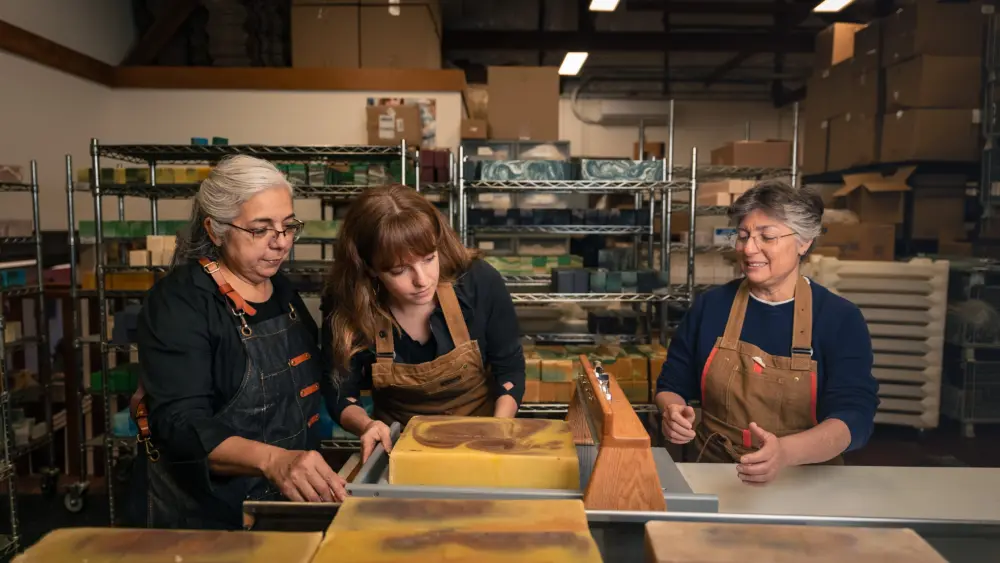
When San Francisco Coworking opened in the city’s Mission District in 2005, it gave solopreneurs and freelancers a rare opportunity. It was the world’s first official co-working space, and it offered them a way to work in an office environment and become part of a business community while maintaining their independence. In addition, it gave them a chance to escape the social isolation and lack of structure that often came with working alone at home or in neighborhood cafés.
Despite the idea’s considerable merits, however, the new endeavor got off a slow start. Founder Brad Neuberg spent the first month posting it on Craigslist but didn’t get a single taker. Then he and two colleagues took to the streets to spread the word, handing out cards and visiting coffee shops to explain the concept to prospective members. Gradually the space filled, and that small beginning helped launch a trend. Today, co-working is so popular that the online publication Coworking Resources predicts that worldwide, co-working spaces will exceed 25,000 by 2022. Along with physical growth, the profile of users has also expanded and now includes businesses as well, in a reflection of significant changes in the way people work.
Emerging entrepreneurs
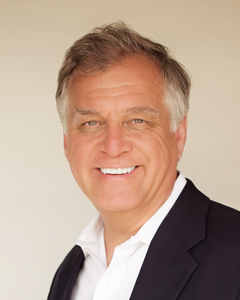
VenturePad opened in a former bank in downtown San Rafael in 2017, when Marin County already had small co-working spaces, but co-founder Chris Yalonis had a different vision in mind. “We wanted to do something bigger,” he explains. The Renaissance Center and Venture Greenhouse, two local incubators, had closed in 2015, and Yalonis and co-founder Alejandro Moreno recognized the lack of services they’d left behind and wanted to fill the gap. Thus, one of their goals was to encourage positive business impact from the outset by providing support for beginning entrepreneurs and giving them opportunities to make their businesses grow.
Today, members include freelancers, solopreneurs and gig economy workers, as well as large corporations such as Genentech, which has four workstations for employees who work at home but don’t want to spend all their time there. The largest group, though, is owners of young businesses in growth mode, which accounts for a third of VenturePad’s members. Just as Yalonis and Moreno envisioned, owners of fledging businesses have a chance to learn and grow. Events programming offers opportunities for personal and professional development and includes lunch-and-learns with expert speakers. “We’ve had more than 100 speakers come in through the years,” Yalonis reports.
In addition, VenturePad hosts Marintrapreneurs, which meets monthly and features advice from business leaders, senior team members and investors. “It works like a poor man’s advisory board,” says Yalonis, explaining that new entrepreneurs make presentations or give sales pitches, present a business model and get feedback. Recently, the owner of a lighting technology company, which makes lighting systems to accommodate circadian rhythms with sensors designed to optimize lighting, reached out for advice. “This is a really cool start-up that started with a [National Institute of Health] grant,” he says.
VenturePad has adjusted to address health concerns due to the coronavirus, as well, to keep its members safe as they work and collaborate. “Of course, with the pandemic, we have de-densified the workspaces and meeting rooms to ensure physical spacing, required mask wearing, taken temperatures and have executed more than 35 office protocols to ensure a safe, productive place to work,” says Yalonis. The company also strives to be a promoter of business sustainability, organizing Marin County’s largest forum on the subject, the Marin Sustainable Enterprise Conference.
Kiran Brahmandan founded Gaming Analytics AI, which provides advanced data analytics products to the casino gaming industry, in 2017. Initially, he had an office in Berkeley, but in 2019, he decided to work at home in San Rafael. After several months, he realized that while working at home has its advantages, “It’s not great all the time.” He discovered VenturePad with an online search, attended a lunch party and decided to rent a space and become a member. “It’s quiet; it’s calm; there’s space for everyone,” he says, and while other people might have jobs elsewhere, VenturePad is where they go to work. Meeting other members has allowed him to make contacts in the business community and learn the challenges of entrepreneurs, and since no one else at VenturePad is in gaming, it’s camaraderie, not competition. “Before COVID-19, we had offers to buy the company,” he says. His contacts at VenturePad helped him find a lawyer and a financial analyst.
Brahmandan has space for himself and one employee, and before COVID-19 struck, they had access seven days a week, 24 hours a day. Now they can work from 8 a.m. to 5 p.m., while VenturePad takes measures to prevent the virus from spreading. He uses his space for meetings and demos and makes use of phone booths for private calls. Since the pandemic, however, if he doesn’t have any meetings, he stays home. “If it was normal, I would be here all day long, every day.” When he was working in Berkeley, he was spending 45 minutes on the road each way. “I was basically losing an hour-and-a-half. This is only one exit away,” he says, so reducing the driving distance is a plus, and parking in downtown San Rafael is easy. He plans to stay. “Places like VenturePad are needed in the area,” he says, adding that the staff is also a plus. “They’re very friendly people who are always willing to help, and I appreciate their support.”
Community spirit
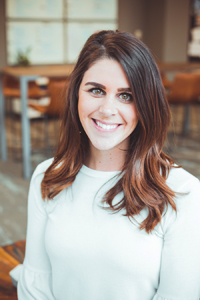
When Cornerstone Properties opened coLAB on the first floor of The Press Democrat building in Santa Rosa in 2018, it was a test to find out what people wanted. “We did research, and we thought we’d have the entrepreneurs and tech users,” explains marketing manager Pauline Block. Instead, they discovered that because Sonoma County has its own unique character, coLAB attracted interest from a variety of other fields as well, including finance, medical software, cannabis and marketing.
“We have a little bit everything,” she says, and it works well because people in different businesses don’t have the same distractions. As a result, although it’s a workplace environment, they don’t interrupt each other the way they might if they were working on the same project. In addition, she points out that even though some people are productive working at home, they need interaction with other people, and co-working fills that need. Thus, members have conversations about their businesses and help each other when they can. “We’ve created such a community. Our community is really, really tight,” she says. “We see such collaboration.”
CoLAB offers private offices, and it’s cost-effective because it eliminates much of the overhead a company would pay if it had a more traditional office. “When someone rents an office from us, they’re not incurring many of the usual expenses. We take away the expenses and provide the amenities,” says Block, explaining that items such as utilities, parking and even coffee are included in membership. “It’s like a glorified private office,” she says, with staff on hand every day to help members with whatever they require. When they need a larger space, members have access to shared meeting and conference rooms, and furthering the appeal for some, it’s a dog-friendly workspace. Location also matters. If people live in Santa Rosa and were previously working in San Francisco or Mendocino, they’re making better use of their time and reducing their carbon footprint.
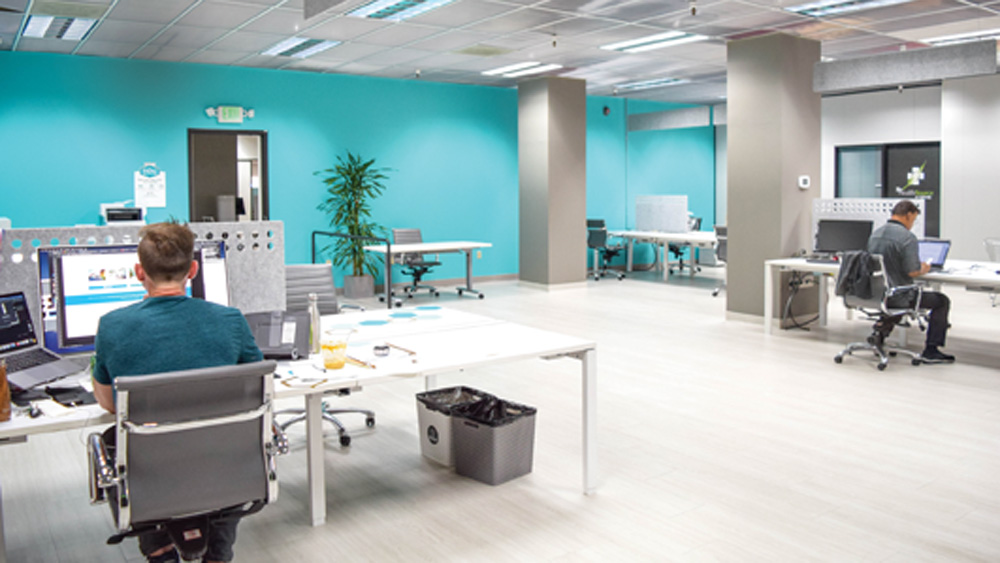
Steve Farmiloe is a director of channel sales at Los Angeles-based TPx Communications, a national company that manages technology services such as security, firewalls and servers for small- and medium-sized businesses that don’t have the wherewithal to do it themselves. “We can do a better job for a lot less expense,” he explains.
His position requires him to call on sales partners, who are like brokers and sell TPx’s services to their own customers. The regional office is about an hour away in Napa, so Farmiloe began working remotely, conducting business from his home in Santa Rosa. He found it less than ideal though. “My wife is also working from my house,” he says, and the little things in everyday life, such as the dog’s barking, tending to laundry and UPS knocking at the door, became distractions. He found it inefficient and opted to become a member of coLAB with his own desk in a large room with other people. Today, he has 24-hour access seven days a week, 365 days a year, and considers his workspace to be secure. At the end of the day, he unplugs his laptop and takes it home. “[But] I can leave workstation equipment here. It’s tremendously safe,” he says, explaining that coLAB has two locked doors with access codes. “When I work out of coLAB, it’s truly an office environment but without the interruptions, I get a lot more work done at coLAB. I’m a lot more efficient,” he says. He compares his experience to an all-out effort on the baseball field, when you give it everything you’ve got and then go home to relax. In contrast, he says it’s not as easy to strike a work-life balance at home. “I’m never off when I’m at home working.”

Farmiloe enjoys many of the amenities membership offers, such as an unlimited coffee kiosk, ping-pong tournaments and workshops that other members sometimes offer. In addition, he has space to film interviews. “I have a LinkedIn show that I’ve been running for about a year and a half, the Top Gun Show,” he says. Farmiloe puts a green screen in one of the shared conference rooms and films short interviews that are accessible online. “It’s nice to have the coLAB space as a production facility,” he says. Since he’s begun, he’s done 140 interviews, which are archived. He reports that he has 28,000 connections on LinkedIn, so the show gets lots of views. And according to Farmiloe, it’s cost-effective to use coLAB and easier than maintaining his own office. The staff takes care of everything, so the coffee is always ready, and the bathroom is well stocked. “You can just go to work and go home,” he says. “The staff is like my own personal concierge. It’s a great space.”
Fostering growth
Keller Street CoWork opened in downtown Petaluma in May 2018, and for co-founder and director Danielle Stroble, the space was inspired by a desire to connect with the community. She was a freelancer and solopreneur working at home. “For me, it wasn’t very fulfilling,” she says, explaining that she’s passionate about community and collaborative inspiration, so something was missing.
From the beginning, members were an eclectic mix, ranging from independent writers to social media experts, and from to plumbers to real estate workers. She started getting interest from larger companies, however. “About one year after opening, I did a pivot,” she reports. She created more opportunities for enterprise and converted some of the space to six additional semi-private offices, which have been full since the day they opened.
At 9,000 square feet, Keller Street CoWork is the largest co-working space in the North Bay. “I’m lucky to have a lot of square footage,” she says, explaining that the physical space is well designed to accommodate the way people work and offers rooms with different looks and feels. Keller Street CoWork features open seating with big tables and couches; semi-private offices with open ceilings have sound masking to keep conversations private; and private offices can be branded.
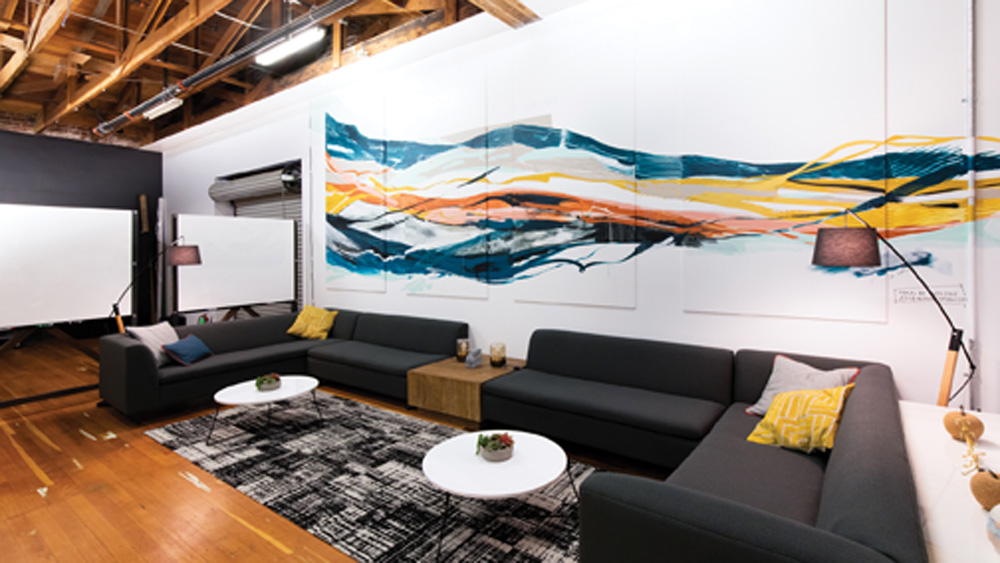
Some members are teams working for large corporations in San Francisco and businesses with large campuses that have employees working off site. “They needed a place where they could feel connected,” says Stroble. She’s found that the way businesses operate is changing, but workplace culture is still important and beneficial to business in general. “We do this in a co-working space, but it can be done in corporations as well,” she says, explaining that both have the energy of people doing things, but co-working adds different perspectives from people in other fields who didn’t know each other before. “The relationships that have been built are impressive.”
Co-working gives new businesses just starting out a foothold, since expenses such as Wi-Fi, utilities, desks, filing cabinets and copiers are all included in membership. “Everything that you would pay for, in addition to your rent, we take care of that,” says Stroble. It’s a model that allows an independent worker with a promising idea to join at the lowest level, work to make the business grow and move up. “Finally, they outgrow us, and they have to find a bigger space. That’s the ideal outcome,” she says. “We try to promote emerging businesses and brands. We want to show that it’s important to support each other.”
Shane DeMarta has two small businesses at Keller Street CoWork. Recreation Reimagined arrived first and offers youth programming, which includes after-school programs and summer camps, and events such as babysitter training for kids and a flamenco night geared to adults. Strategic Streets was the second, and it specializes in business consulting and strategic management. Its clients are in a variety of fields, ranging from a solopreneur starting a life-coaching business to a new catering and events company that includes a floral design service and an outdoor food market with wood-fired pizzas, beer and wine.
DeMarta wasn’t thinking of co-working space when he was ready to launch Recreation Reimagined, so it was serendipity when he walked by and saw a sign announcing that Keller Street CoWork was coming soon. He was intrigued and toured the facility. “I was amazed. It’s an extremely large and creative space,” he says. He immediately liked the balance between communal spaces and private offices. “About an hour later, I reserved an office there,” he recalls. It’s the workplace for DeMarta, one employee and some part-time staff, but it can accommodate more, and it’s flexible enough to allow training, such as a class in CPR. Apart from the appealing working conditions, he finds that just being around creative people is inspiring. “The brainstorming that goes on is amazing,” he says. Members work with each other and make referrals, and he’s seen it turn into monetary success. Personally, he says it was a good move. “It’s probably put both my businesses over the tipping point to success.”
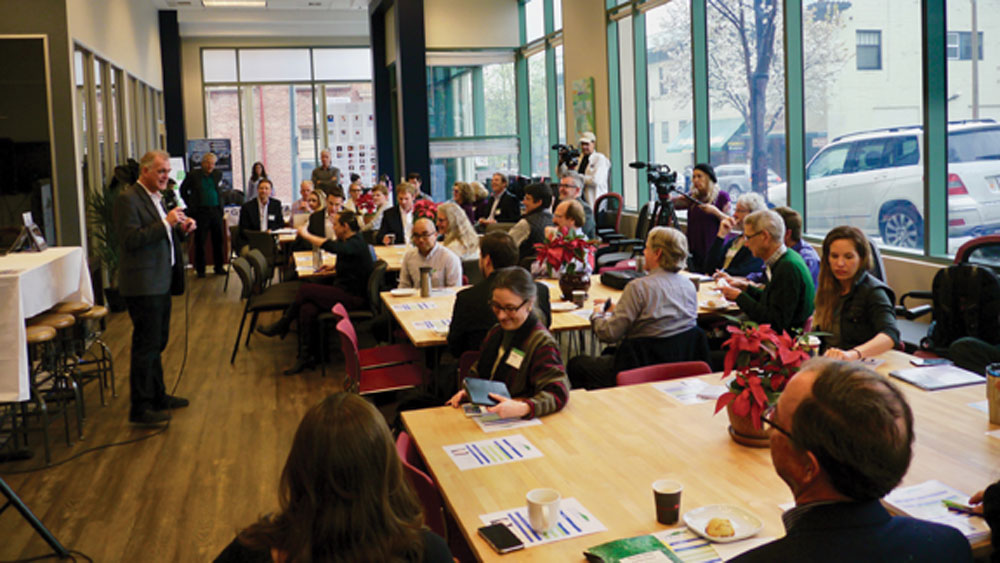
Co-work during a pandemic
The novel coronavirus changed the way people work and the perception of what is possible. When they were forced into a new reality, employees realized they could work remotely. Managers realized they didn’t have to keep their thumbs on them, and working from home became the new normal. It does have a downside though. “We can do it, but it really stinks,” says Stroble. She finds that when kids are running around and dirty dishes are piling up in the sink, it’s distracting. “Productivity for the last few months has been really high because we were in a state of crisis, but it’s going to diminish over a period time. There needs to be something in the middle” she says. And that’s a niche that co-working is ready to fill.
Yalonis points out that as more people choose to work remotely, inevitably they will want to get out of the house, and co-working is a way to do it. “The drivers are cost-effectiveness and productivity,” he says. But the human condition is perhaps a greater motivator. “We’re social animals,” he observes, and ultimately, the feeling of connection and peer support that co-working provides could be the real secret to its success.



